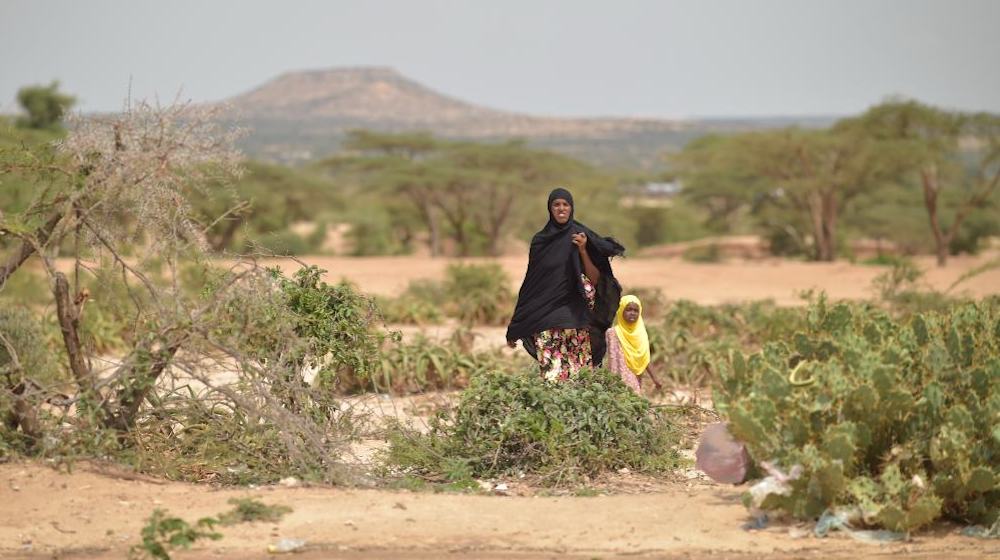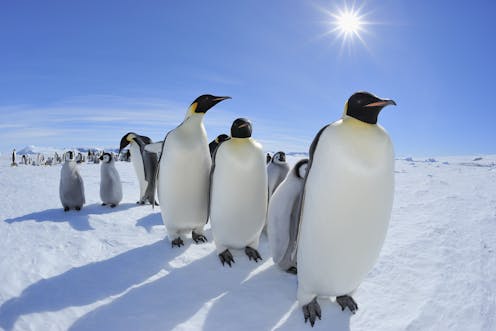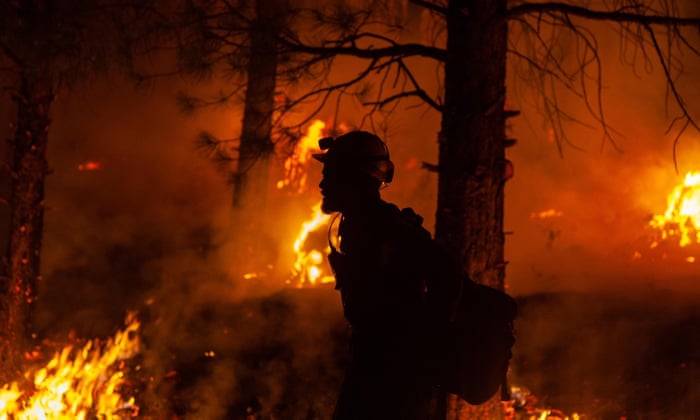his has come as no surprise to those who understand how UN climate conferences work.
Since the Paris agreement, the annual gathering has been seeking to further the international commitment to limit global temperature rises.
But that work doesn't just happen in the scheduled two weeks where delegates gather at cities around the world, in this case Glasgow.
International diplomacy by the next host nation - the UK for COP26 - begins the moment the gavel comes down on the previous COP.
Without it, there would be very little progress and with minds so heavily focused on tackling Covid-19 this other crisis - the climate one - has taken a bit of a back seat.
Plus, countries will need to understand what their starting position is with economies being crushed by the pandemic.
Many world leaders are talking of a "green recovery" and so allowing this breathing space might be beneficial to the long term climate cause.
This year marks the date by which countries are expected to come forward with stronger emissions cuts to meet the goals of the deal.
Plans submitted so far put the world on a pathway towards more than 3C of warming, though the Paris Agreement commits countries to curb temperatures to 1.5C or 2C above pre-industrial levels to avoid the worst impacts of climate change.
But with countries around the world grappling with coronavirus, and many putting citizens in lockdown, governments have prioritised the immediate global health crisis.
Since the pandemic took hold, greenhouse gas emissions have dropped sharply as industry and transport have been curtailed, but experts have warned that pollution will soon bounce back without climate action.



![[image_name]](https://ichef.bbci.co.uk/news/660/cpsprodpb/914A/production/_102549173_mediaitem102549172.jpg)





